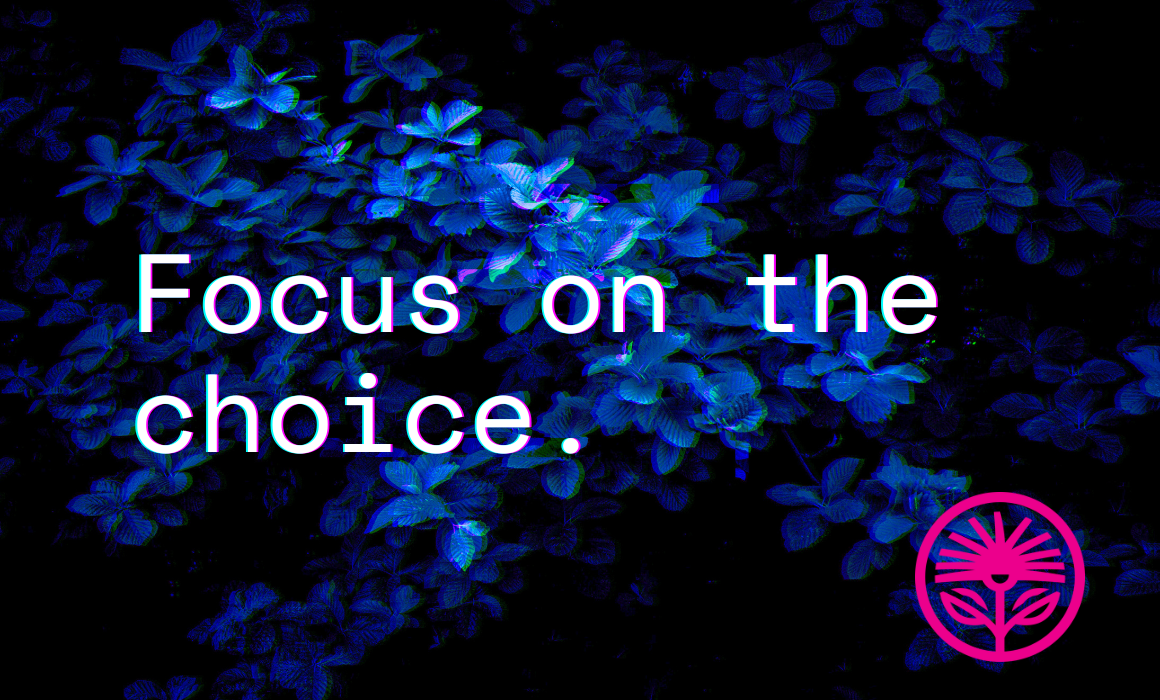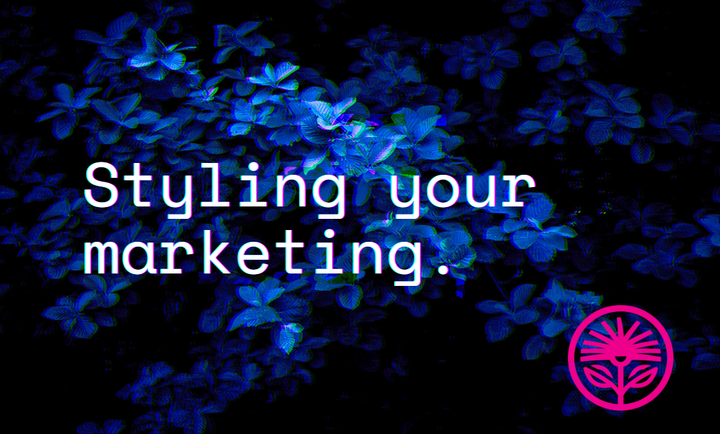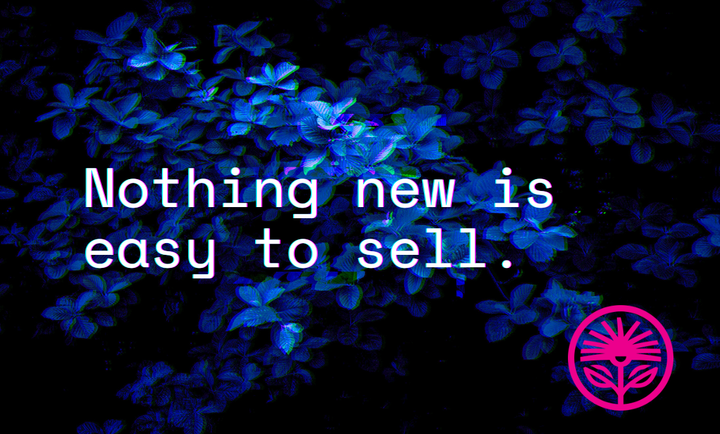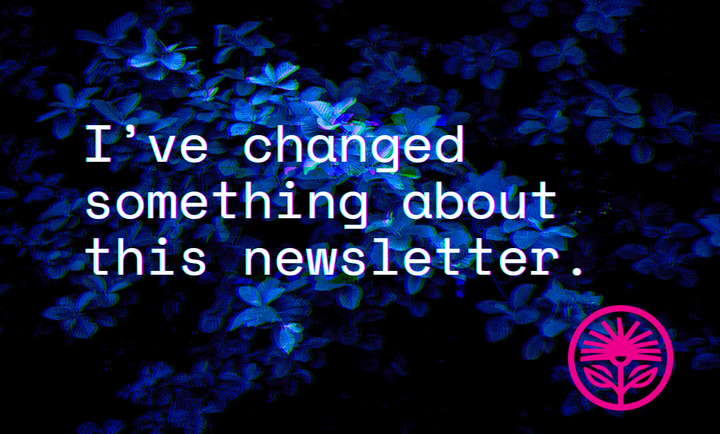Kelford Labs Weekly — Focus on the choice before the voice
Focus is about what we do, not just what we say.

When we don’t know what, exactly, to say to our prospects to get them interested, the problem isn’t that we have too little to talk about.
It’s that we have too much.
Which means that our first communication decision is actually a tactical one: What will we stop doing so our prospects know exactly what it is we’re best at?
This sounds difficult because it is difficult.
What’s harder, in my opinion, is never knowing what to put in ads, on social, in content, or on our website.
But doing the hard work of focusing makes everything else downstream from that so much simpler, clearer, better.
“What focus means is saying no to something that with every bone in your body you think is a phenomenal idea, and you wake up thinking about it, but you end up saying no to it because you’re focusing on something else.”
— Jony Ive
Because, when we don’t focus, we fall into the “buffet problem,” or, as Rory Sutherland calls it, the “jack of all trades heuristic.”
People have a natural inclination to disbelief when we say we’re good at everything, or even more than one thing.
Instead of looking like we’re just hyper-talented, we look average. We look unremarkable. We look undecided.
But when somebody stakes a claim of expertise on one thing and one thing alone—when they own their uniqueness and their specialness—we naturally believe them.
Because we inherently believe in the power of focus and tradeoffs to create quality and value.
“We naturally believe that something that only does one thing is better than something that claims to do many things. … When we hear ‘sofa-bed,’ we instinctively think of an item of furniture that is not great as a sofa and not much good as a bed, either.”
— Rory Sutherland, Alchemy
As Sutherland notes, there’s a reason you don’t use a spork for most of your meals.
The trick is to figure out what we’re actually, truly, credibly the very best in the world at. And if we can’t yet identify that, we at least need to know what it could be.
Buyers buy based on credibility. Based on their level of certainty that they’re not making the wrong decision.
Most people don’t buy the thing they think is better—they buy the thing they hope won’t let them down. And the more we do, the more room for doubt we create.
“Here’s the thing: If you want to build an authority business with any sort of staying power, niching is nonnegotiable.”
— Rochelle Moulton, The Authority Code
But what about all the opportunities you’ll be missing out on?
Those are an illusion—a mirage. They don’t actually exist, they just look like they do from a distance.
But up close, when the buyer is actually considering, we get dismissed because we can’t possibly be the very best at everything we do. Because nobody is.
Focus is the price we pay to get noticed, considered, and purchased from.
Expansion and broadness are the result of us refusing to pay the price, and we usually end up having to lower our prices just to get any business at all.
“Strategy is at least as much about what an organization does not do as it is about what it does.”
— Richard P. Rumelt, Good Strategy/Bad Strategy
If we’re tempted to expand into other markets, sectors, or industries, we need to know that this usually backfires. There’s more opportunity in our current category than across other ones. There’s more opportunity in going deeper than there is in going further afield.
It feels counterintuitive—surely a wider net catches more fish?
But as Jonathan Stark has so astutely noted, when you expand your offering you’re not actually growing the size of the net.
You’re growing the size of the ocean.
“There is more than twice as much room to grow profitability inside an industry as opposed to across industries.”
— Felix Oberholzer-Gee, Better Simpler Strategy
Instead of creating a wide net, we create a wide set of options against which our customer can compare us. We end up attracting more competitors, more comparisons, and more chances for quality to slip.
Better to be the obvious, clear, why would I choose anyone else? choice.
Which means we need to understand intimately, innately, what our best customers value most. What they care about most. What they prioritize most. What they prefer most.
So we can make the necessary tradeoffs and choices that demonstrate to them that our values overlap. That we care about the same things they do. That we prioritize the same things they do.
“A product that has been designed specifically to fulfill a well-understood Job to Be Done...says to the customer, ‘We get you.’
...
Organizations that lack clarity on what the real jobs their customers hire them to do can fall into the trap of providing one-size-fits-all solutions that ultimately satisfy no one.”
— Competing Against Luck
Nobody’s good at everything.
But all of us, each of us, are capable of being uniquely good at one thing in particular, for one type of customer, with one set of priorities and preferences.
The hard part is not the voice we use to talk about it.
But the choice we make to focus on it.



